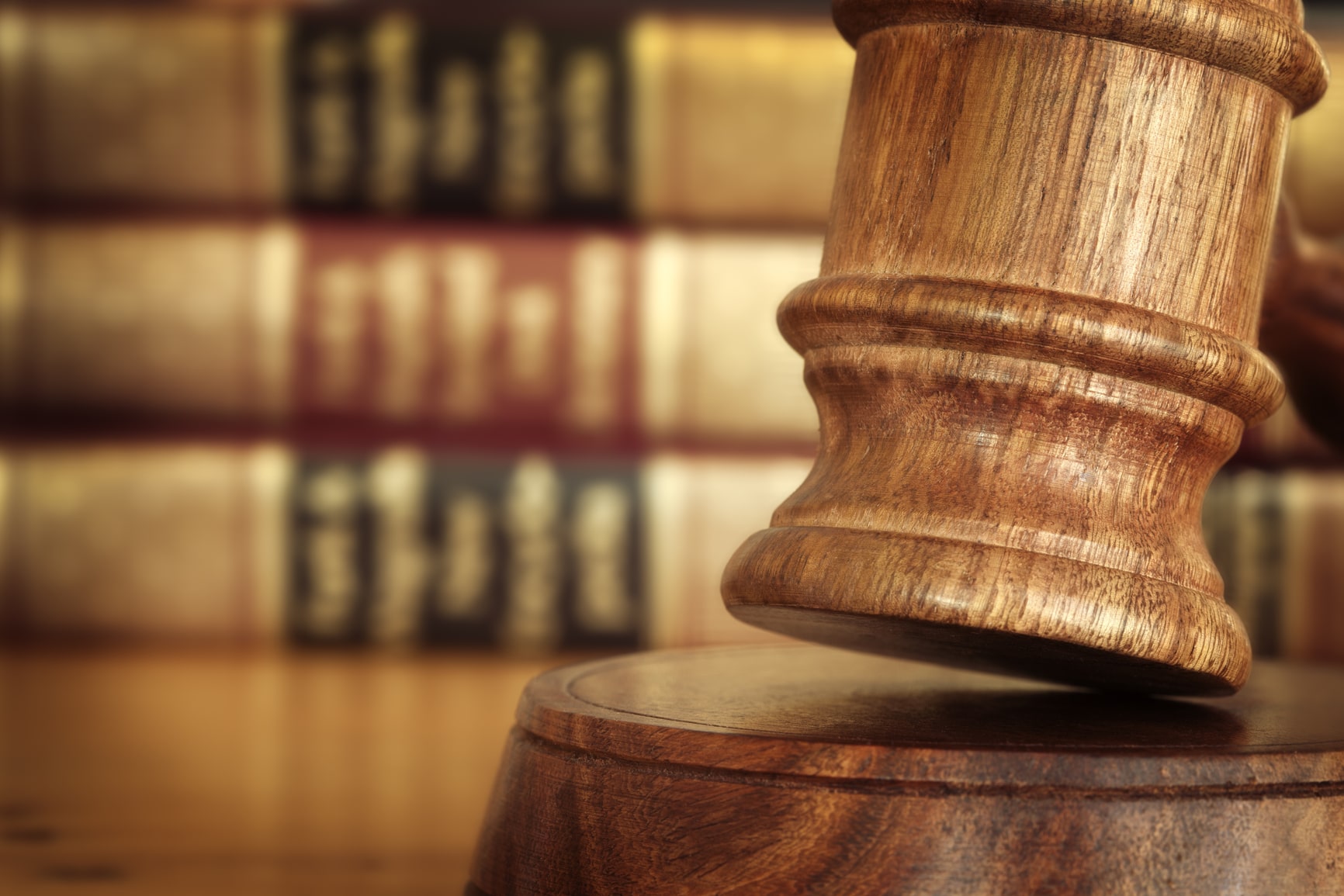
Filing for Chapter 7 bankruptcy can be a daunting process, but understanding it thoroughly can make a significant difference. The decision to file should never be taken lightly, as it can have long-lasting effects on your financial situation. To help clarify some key points, attorneys like those at Therman Law Offices, LTD, provide valuable insights into what filing for Chapter 7 bankruptcy entails, especially for those in the Chicago area.
What is Chapter 7 Bankruptcy?
Chapter 7 bankruptcy, often referred to as ‘liquidation’ bankruptcy, involves the discharge of most of your unsecured debts, such as credit card debts and medical bills. It’s designed for individuals who do not have a significant ability to pay back their debts over time. A Chicago chapter 7 bankruptcy lawyer can guide you through this process, ensuring that you understand every step and how it affects your financial future.
Eligibility for Chapter 7 Bankruptcy
Understanding eligibility for Chapter 7 bankruptcy is crucial. This form of bankruptcy is generally available to individuals, married couples, corporations, and partnerships. The main criterion is that the filer should not have enough income to repay their debts. The ‘means test,’ which assesses your income and expenses against the median income for your state, is typically used to determine eligibility.
The Role of Assets in Chapter 7 Bankruptcy
One common concern about Chapter 7 bankruptcy is the role of personal assets. In this process, a bankruptcy trustee can sell your nonexempt property to pay back your creditors. However, many types of assets, including basic household items, a personal vehicle, and in some cases, your home, may be considered exempt, depending on the laws in your state. This is where sound legal advice becomes indispensable.
The Automatic Stay
Filing for Chapter 7 bankruptcy triggers an automatic stay. This court order stops most creditors from continuing with collection activities, which means no more harassing phone calls, letters, or wage garnishments. It can provide significant relief and peace of mind for those who have been under constant stress from creditors.
Life After Chapter 7 Bankruptcy
While filing for bankruptcy can provide relief, it’s also important to consider life after bankruptcy. A Chapter 7 bankruptcy will stay on your credit report for ten years, which can affect your ability to get credit, a mortgage, or even employment. However, this doesn’t mean you can’t rebuild your credit. Attorneys specializing in bankruptcy law can provide advice on responsibly rebuilding credit post-bankruptcy.
Finding the Right Attorney
Choosing the right attorney is essential in the bankruptcy process. A qualified and experienced bankruptcy attorney can help you understand whether Chapter 7 bankruptcy is right for you, guide you through the paperwork, represent you at hearings, and provide advice on managing your finances in the future.
Filing for Chapter 7 bankruptcy is a significant decision that requires careful consideration and concise guidance. By understanding the basics of Chapter 7 bankruptcy and working with knowledgeable professionals, individuals can navigate the process more confidently and make informed decisions about their financial future. Remember, bankruptcy is not the end of the road; with the right strategy, it can be the beginning of a new, more stable financial path.






